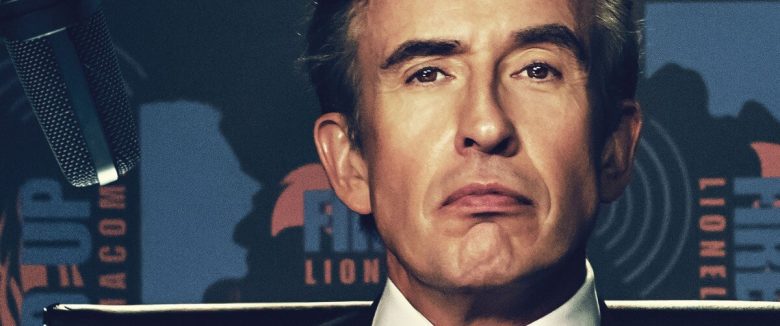
Joker may be the most anti-comic comic-book movie ever set to film. Violent, grim and deliriously unconcerned with superhero tradition, Joaquin Phoenix’s rubber-bodied portrayal of Batman’s arch nemesis has, like Heath Ledger’s performance before him, permanently altered the definition of a comic-book villain.
Directed by Hangover and Old School veteran Todd Phillips, Joker is a superhero story as might have been imagined by Travis Bickle, and this fractured entry into the DC Comic Universe is by far the most deranged installment yet. Joker feels as informed by Taxi Driver and Network as by DC Comics, and that’s the joy of the 70’s-infused origins story; It dovetails nicely with the DC Universe, but never quite feels borne of it.
Joaquin Phoenix is the titular character, Arthur Fleck, an odd, lonely guy who lives at home with his mother (a wan Frances Conroy) he love-hates. Arthur works for a grimy rent-a-clown business, and nothing ever goes right for him. That’s clear from the moment we meet him: spinning signs in downtown Gotham he gets jumped by a mob of punks.
As Arthur’s decline continues, he gets angrier and more isolated as the world’s saddest punching bag. When Gotham’s social services close down, Arthur learns he can no longer receive counseling there, or get his meds. (He carries around a little laminated card that he holds out whenever he laughs inappropriately, which reads, “Forgive my laughter, I have a brain injury.”) The one bright spot of his dreary life is watching a Johnny Carson-style talk-show host, Murray Franklin (Robert De Niro), on television. Arthur dreams of being a stand-up comic and someday being on the show. Like Bickle, Fleck will eventually get his wish, but not before a dramatic transformation.
As you’d expect, Arthur’s downhill slide continues. He’s beaten up by a group of drunken Wall Street suits and draws a gun on them that he got from a co-worker (another Taxi Driver nod). Before long, Arthur becomes an Occupy Wall Street-style vigilante folk hero representing working stiffs tired of corporate manipulation. He inspires the masses to don clown masks, march in the streets and carry “Kill the Rich!” placards as they face off against city authorities.
All the while, the movie paints a painfully human portrait of Arthur, another break from superhero tradition. Arthur may have found a neighbor love interest, played by Zazie Beetz, but it could all just be in Arthur’s mind. So, too, may be his suspicion that he’s more a part of the Bruce Wayne’s family tree than he once thought. But in the mess that is Arthur’s brain, reality is always a guess at best.
Some scenes in Joker can’t help but fall into the trope-blender of all superhero films, and Batman fans will surely take exception to the re-writing of some age-old Caped Crusader canon. But Phillips and Phoenix are clearly unconcerned with Dark Knight conventions (or breaking from them), and the climactic scene of Arthur nearing his big TV break builds much the same tense dread of Bickle’s inevitable showdown with pimps and drug dealers. If Dark Knight left you asking it to send in more clowns, there’s no such worry with Joker. They’re already here.
https://www.youtube.com/watch?v=kMQPeovhP7w




